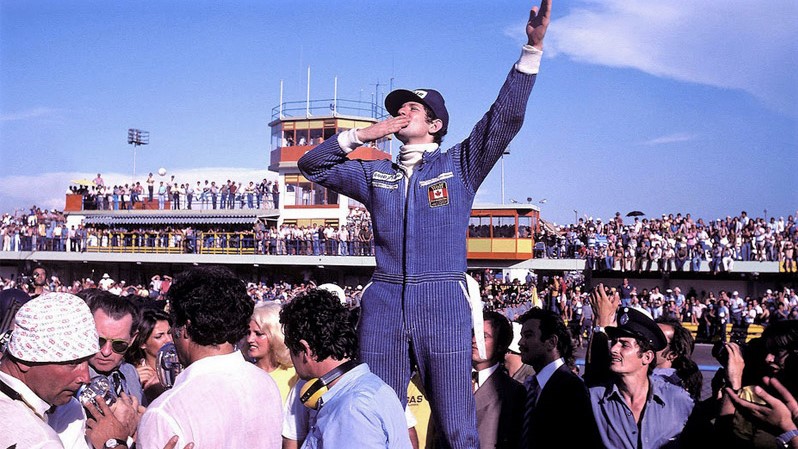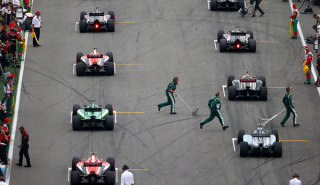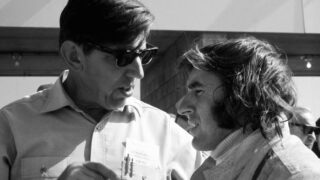
I migliori uomini del paddock… e una sola auto: così nel 1977 la Wolf vinceva all’esordio
lunedì 9 gennaio 2023 · Amarcord
tempo di lettura: 2 minuti
È un esempio di quanto imprevedibile certe volte può essere lo sport, la vittoria a sorpresa della Wolf il 9 gennaio del 1977, nel suo Gran Premio d’esordio. Dietro c’è la storia di Walter Wolf, padre svevo e madre slovena, alla fine degli anni Cinquanta lascia l’Europa per il Canada, dove si afferma come uomo d’affari nel campo delle trivellazioni. Dopodiché, punta i soldi sui motori. Dall’intervista per Retro Speed:
Car racing has fascinated me since I was four-years-old. In the late ’50s I went to Monza on my own. I climbed the fences and used holes in them until I reached the paddock illegally.
Una stagione di apprendistato coi telai dell’Hesketh, materiale vario dell’Embassy Hill e il supporto tecnico di Frank Williams. Poi, la scelta di mettersi in proprio, strappando al mercato i pezzi migliori:
I wasn’t just a sponsor, I knew the scene. I knew who I needed. Look, there’s no point in starting a new team and filling it with people who are just learning. That’s the way it should be. When you go to a disco in the evening, you also drag the most beautiful girl out of it for the night and not some ugly bastard, right?
In inverno, Ferrari gli concede Fiorano per i test. È un favore dietro il quale si nasconde l’intenzione di tenere d’occhio Scheckter:
It was nice that Wolf Racing was the first foreign team being allowed to test on its private track in Fiorano. It wasn’t until later that it dawned on me that he didn’t do it just out of good will. Above all, he wanted to check on Jody closely.
Il debutto, quindi. A Buenos Aires con una sola auto, per ragioni tecniche, ma soprattutto strategiche:
Why not? It was just logical for me. After all, only one driver can become world champion and not two.
Scheckter sulla griglia di partenza è undicesimo, si porta in testa a cinque giri dalla bandiera a scacchi, a danno della Brabham di Pace che accusa il degrado imprevisto dei pneumatici. Vince anche a Monte Carlo e Mosport, ma il titolo va a Lauda. E l’anno dopo la squadra non è altrettanto brillante:
The reason was Ferrari. Scheckter and Postlethwaite soon knew that their professional careers would lead them to Italy. Even then, I actually lost interest and sold all the scrap a year later to Fittipaldi.




